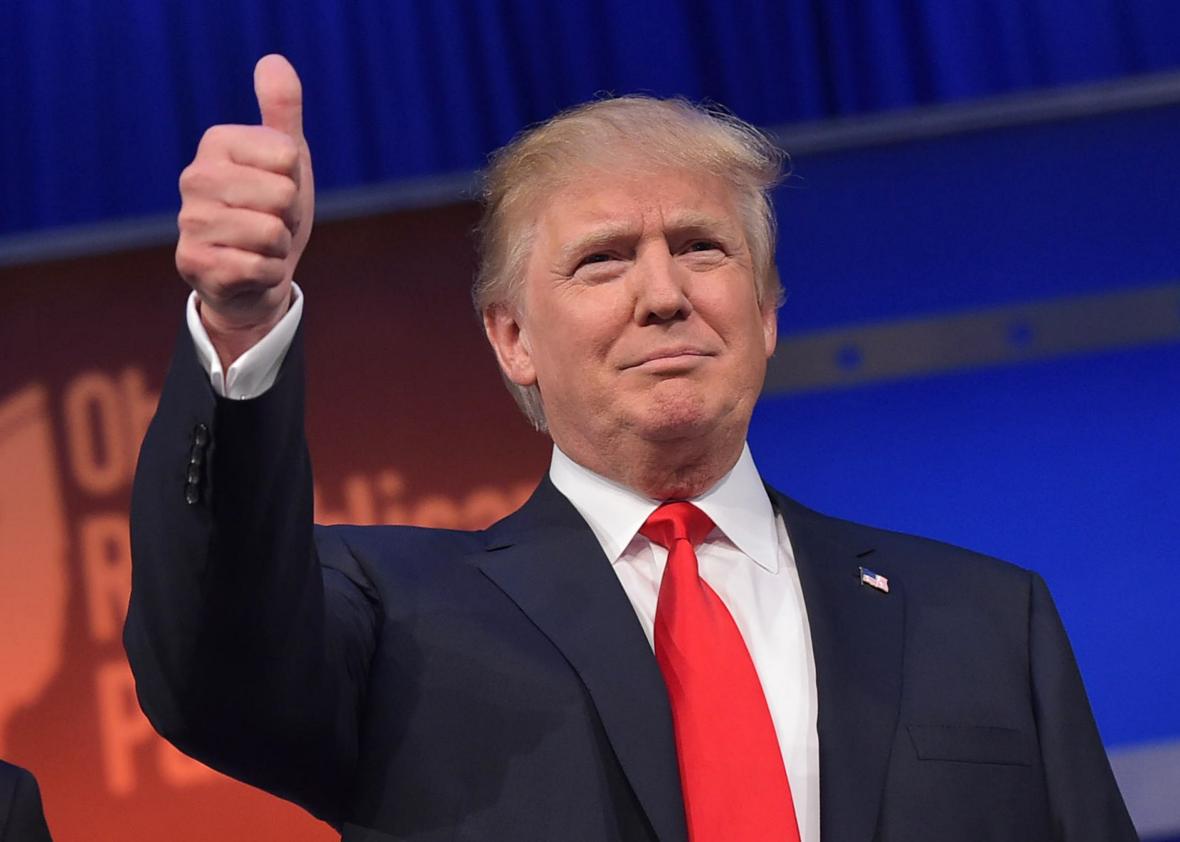 Donald Trump’s presidential victory was a shock but unsurprising given the billionaire’s success in defying the sceptics every time he was tested since he announced his candidacy last year.
Donald Trump’s presidential victory was a shock but unsurprising given the billionaire’s success in defying the sceptics every time he was tested since he announced his candidacy last year.
It represents a further challenge to the consensus about the trajectory of advanced economies which developed before, during and after the government of Britain’s late prime minister Margaret Thatcher.
This centred on the idea that free-market economies artfully managed by the state would permanently secure the affection of voters.
The moment was presaged in a thoughtful article by UK philosopher John Gray in The New Statesman this week.
“Dreading (Trump’s victory) and suspecting it may yet come to pass, liberals rail against voters who reject their enlightened leadership,” Gray wrote. “Suddenly, the folly of the masses has replaced the wisdom of crowds as the dominant theme in polite disccourse. (But f)ew ask what in the ruling liberalism could produce such a debacle…an entire generation is finding its view of the world melting away under the impact of events.”
Gray called for the state to play a larger role in supporting the development of a truly liberal society, but his analysis avoided consideration of the epochal change in the mode of production in advanced economies in the past 40 years.
This has involved the decline in the significance of tangible good production, which has moved to low labour cost economies, and the rise of intangible good creation. This now accounts for more than 80 per cent of GDP in the UK and other advanced economies.
The number of workers involved in tangible good production is set to decline further, partly as a consequence of accelerating automation.
This change is as radical as the one brought about by the industrial revolution and it’s happened far faster: within the liftime of the majority of British workers.
The end of the tangible economy has political implications.
When what was produced was wholly or mainly tangible, property rights rigorously enforced were the principal means through which output was organised. The rise of rights over tangible things inspired demands for other rights. It is from this that modern liberal society emerged.
Intangibles, unlike tangibles, can’t be defined. And if they can’t be defined, it’s hard to establish ownership rights over them and some argue it’s illegitimate as well.
Moreover, attempts to do so undermine the constructive interaction at the level of the individual essential for value-creation in intangible good production.
Value is created within families. But who would argue in favour of granting enforceable rights to all family members (other than essential protections) as the best way of promoting family value-creation?
The decline in tangible production and the rise of intangible value creation goes some way to explaining Trump’s victory.
It produced joblessness, insecurity and low pay among farm and factory workers. A growing proportion of GDP has been captured by educated people capable of capitalising on the opportunities new service industries create. We have seen the accumulation of intangible capital on the balance sheets of major corporations. And the state, shaped by the pressure to enforce property and other rights, seems incapable of doing much about any of it.
An alternative perspective is required that recognises value-creation in intangibles is driven by obligations rather than rights and that people should be supported rather than managed.
This involves ensuring the requisite physical and social infrastructure is provided at the lowest possible cost and allowing the individual to get on with value creation at home, in the community and at work.
And it requires halting — and preferably reversing — the process that helps corporations create intangible capital by strengthening intellectual and other forms of property rights.
In short, it’s time to reduce the powers of both the state and the corporation – secured by a mass of enforceable rights – and to allow the liberation of the constructive powers of individuals honouring freely-accepted obligations.